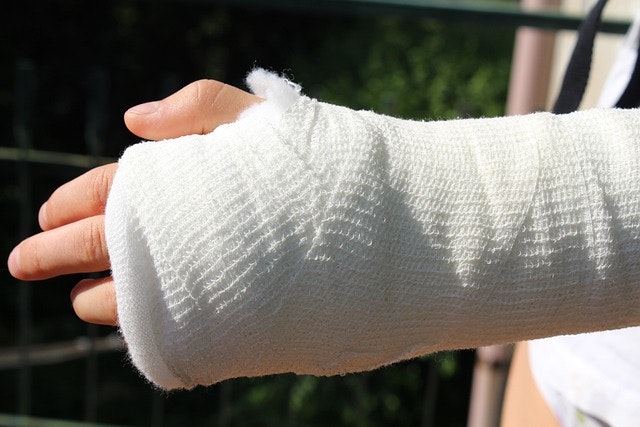7 Juvenile Rights Parents Should Know
Feb 27 2025 16:00
Navigating the juvenile court system can be overwhelming for parents and guardians, especially when their child is facing charges. Understanding the rights juveniles have in the legal system is crucial for providing support and ensuring their protection. Parents and guardians are key to advocating for their child's rights, and knowing these rights can make all the difference.
Right to an Attorney
One of the most important rights for a juvenile is the right to legal representation. If a family cannot afford an attorney, the court will appoint one for the child. Parents should be proactive in seeking proper legal counsel and stay involved throughout the legal proceedings. This ensures the child has the best possible defense and that the parents are informed of every update.
Right to Notice of Charges
Understanding the charges against a juvenile helps both the child and their parents to prepare an appropriate defense. Authorities are legally required to inform the parents or guardians of the charges their child is facing. It's important for parents to fully comprehend the nature of the allegations, which is best done in consultation with their attorney.
Right to Remain Silent
Juveniles have the right to remain silent during questioning. This means they do not have to answer any questions from authorities without a parent or attorney present. Teaching children to calmly assert this right can protect them from self-incrimination and reduce stress during encounters with law enforcement.
Right to Parental Involvement
Parents have the right to be involved in their child's legal proceedings from start to finish. Authorities must notify parents if their child is taken into custody, ensuring they can provide necessary support. By being actively involved, parents can better advocate for their child's best interests and ensure they understand every step of the process.
Right to a Fair Hearing
In the juvenile legal system, a fair hearing is a fundamental right. Unlike adults, juveniles typically do not receive jury trials; instead, their cases are heard by a judge. However, they still have the right to present evidence, cross-examine witnesses, and receive an impartial decision based on the facts of the case.
Right to Privacy
Juveniles have certain privacy protections to prevent their records from negatively impacting their future. Depending on the state, juvenile records can be sealed or expunged, which means they are not accessible to the public. It's important for parents to understand the specific laws in their state regarding the handling of juvenile records.
Right to Rehabilitation Services
One of the primary goals of the juvenile justice system is rehabilitation rather than punishment. Various programs aim to help juveniles reintegrate into society positively. Parents should advocate for rehabilitation services as part of their child's defense strategy, ensuring their child receives the support needed to make positive changes.
The juvenile court system can be complex, but knowing your child's rights can make a significant difference in the outcome. Stay informed, seek legal advice, and support your child through the process. These rights empower parents to advocate effectively for their child's future.
If you need more personalized advice or guidance, consult with a legal professional who specializes in juvenile law. Local legal aid services can also provide further assistance.



































